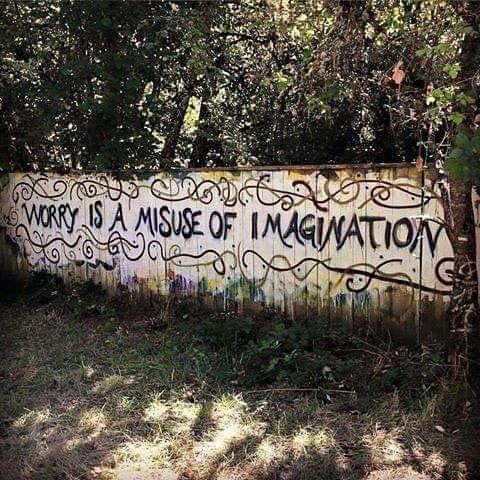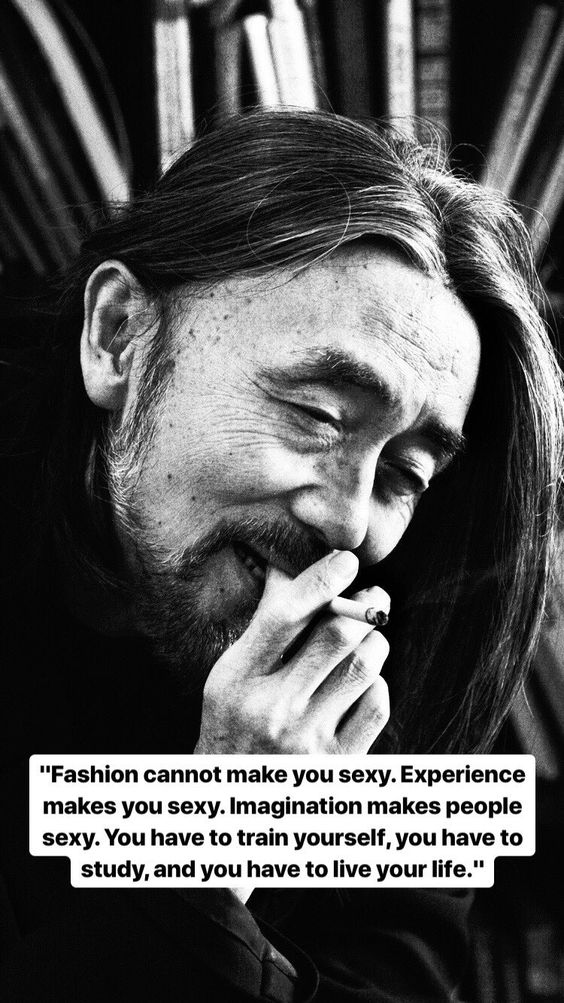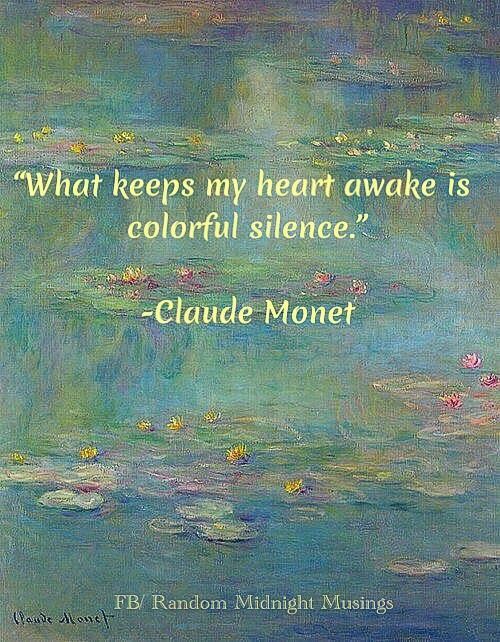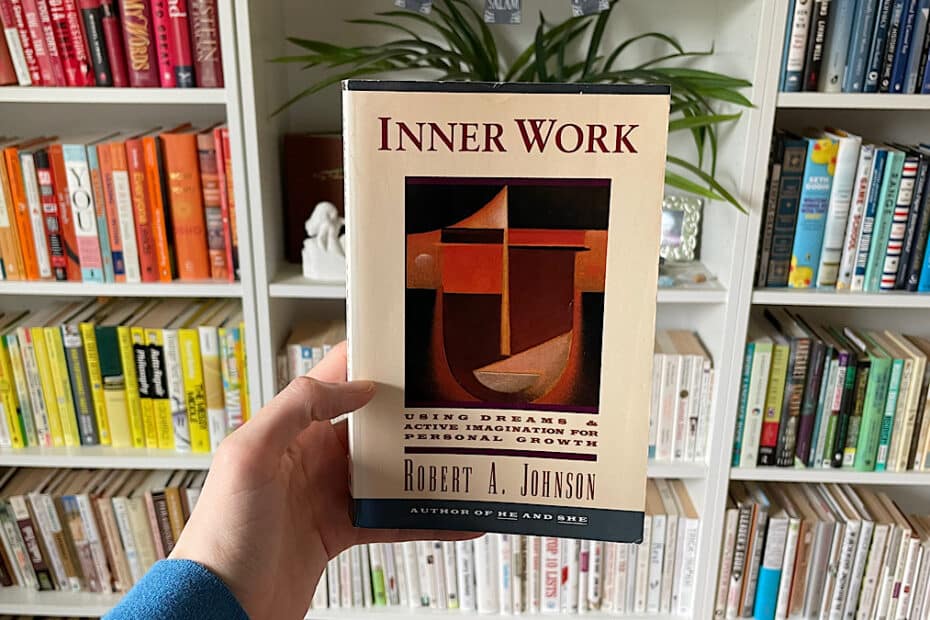“I tell my students, one of the most important things they need to know is when they are their best, creatively. They need to ask themselves, What does the ideal room look like? Is there music? Is there silence? Is there chaos outside or is there serenity outside? What do I need in order to release my imagination?”
Toni Morrison, via Discipline Is Destiny (Page 40)
“Science can never win against art, and logic can never win against love. History can never win against myth, and reality is poor compared to dreams, very poor. So if you carry any idea against imagination, drop it. Because we all carry it—this age is very anti-imagination. People have been taught to be factual, realistic, empirical, and all sorts of nonsense. People should be more dreamy, more childlike, more ecstatic. People should be able to create euphoria. And only through that do you reach your original source.”
Osho, Everyday Osho (Page 249)
“What fascinates me about the character of Alexander the Great is that he seemed to see the future with such clarity and such intensity as to make it virtually impossible that it would not come true—and that he would be the one to make it so. That’s you and me at the inception of any creative project. The book/ screenplay/ nonprofit/ start-up already exists in the Other World. Your job and mine is to bring it forth in this one.”
Steven Pressfield, Put Your Ass Where Your Heart Wants To Be (Page 104)
“When I examine myself and my methods of thought, I come to the conclusion that the gift of fantasy has meant more to me than my talent for absorbing positive knowledge.”
Albert Einstein, via Essentialism (Page 87)
“Using visualization, we can revisit the past, editing the narrative we tell ourselves about our history. Imagine you hated the last thing you said to a parent who passed away. Seeing yourself in your mind’s eye telling your parent how much you loved them doesn’t change the past, but, unlike nostalgia and regret, it starts the healing. And if you envision your hopes, dreams, and fears of the future, you can process feelings before they happen, strengthening yourself to take on new challenges.”
Jay Shetty, via Think Like A Monk (Page 197)
“If you envision your hopes, dreams, and fears of the future, you can process feelings before they happen, strengthening yourself to take on new challenges. Before giving a speech, I often prepare by visualizing myself going on stage to deliver it. Anything you see in the man-made world—this book, a table, a clock—whatever it is, it existed in someone’s mind before it came to be. In order to create something we have to imagine it. This is why visualization is so important. Whatever we build internally can be built externally.”
Jay Shetty, via Think Like A Monk (Page 192)
“The friend, the enemy: both are your imagination. When you stop imagination completely, you are alone, absolutely alone. Once you understand that life and all its relationships are imagination, you don’t go against life, but your understanding helps you to make your relationships richer. Now that you know that relationships are imagination, why not put more imagination into them? Why not enjoy them as deeply as possible? When the flower is nothing but your imagination, why not create a beautiful flower? Why settle for an ordinary flower?”
Osho, Everyday Osho (Page 47)
“Imagination is absolutely critical to the quality of our lives. Our imagination enables us to leave our routine everyday existence by fantasizing about travel, food, sex, falling in love, or having the last word—all the things that make life interesting. Imagination gives us the opportunity to envision new possibilities—it is an essential launchpad for making our hopes come true. It fires our creativity, relieves our boredom, alleviates our pain, enhances our pleasure, and enriches our most intimate relationships. When people are compulsively and constantly pulled back into the past, to the last time they felt intense involvement and deep emotions, they suffer from a failure of imagination, a loss of mental flexibility. Without imagination there is no hope, no chance to envision a better future, no place to go, no goal to reach.”
Bessel van der Kolk, The Body Keeps The Score (Page 17)
“Climate change, human rights issues, political polarization, loneliness, and isolation. These are just a few of the challenges we need to solve together—and it will take smart, creative, empathetic people to find workable solutions. The less time you spend on mundane tasks like email, the more time you have to unleash your imagination.”
Aytekin Tank, Automate Your Busywork (Page 158)
37 Robert A. Johnson Quotes from Inner Work To Convince You Dreams Aren’t Arbitrary
Excerpt: Dreams are NOT arbitrary. Dreams are a primary means of communication. Not convinced? These 37 quotes from Inner Work should change your mind.
Read More »37 Robert A. Johnson Quotes from Inner Work To Convince You Dreams Aren’t Arbitrary
“This is perhaps the essence of the meaning of these visionary experiences, as it is really the heart of Active Imagination itself: It is a way of learning from your own experience those profound truths of life that can’t be transferred from one person to another with words but can only be genuinely known through one’s own connection to the collective unconscious. In this sense, we can only learn what we already know at the unconscious level.”
Robert A. Johnson, Inner Work (Page 218)
“For me, the seashore is a magical place that often appears in my dreams. When I don’t know how to start my Active Imagination, I frequently go to the seashore in my mind and start walking. Inevitably something happens or someone appears, and the imagination is launched. There have been a few days when I walked and walked, and almost nothing happened; sometimes you can grow weary walking. But generally, if you go to the inner place and search, you will find someone waiting for you.”
Robert A. Johnson, Inner Work (Page 170)
“When a huge number of fantasies flood your mind, it often means that you haven’t been giving enough attention to the unconscious. It compensates your imbalance toward the outer world by flooding you with fantasy—which forces you into a kind of involuntary inner life.”
Robert A. Johnson, Inner Work (Page 169)
“When you have a recurring fantasy that stays in your mind all day, it indicates that there is some inner problem that needs to be worked through.”
Robert A. Johnson, Inner Work (Page 169)
“Everyone who begins this art [of Active Imagination] has a lot of preconceived ideas about who ought to be there and what these inner characters ought to say. People expect to hear immediately noble speeches by the Great Mother or profound wisdom from an inner guru. These things often happen, but just as often we find ourselves looking at the depression we have refused to face, the sense of loneliness, emptiness, or inferiority we’ve always run from.”
Robert A. Johnson, Inner Work (Page 167)
“Even if a person is frivolous and deliberately tries to fabricate something, to conjure up something silly and stupid, to imagine a pure fiction, the material that comes up through the imagination still represents some hidden part of that individual. It can’t be made up from thin air. It has to come from somewhere inside the person who is producing the images.”
Robert A. Johnson, Inner Work (Page 150)



